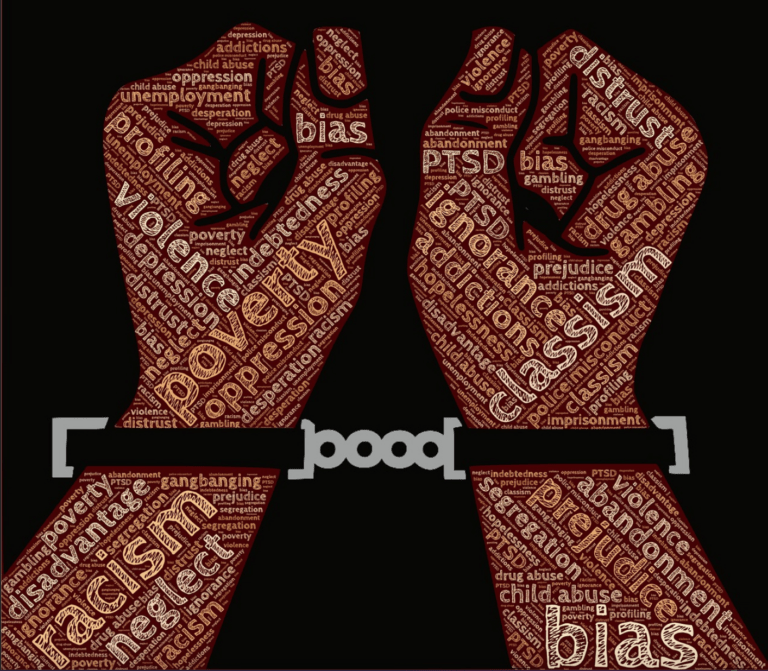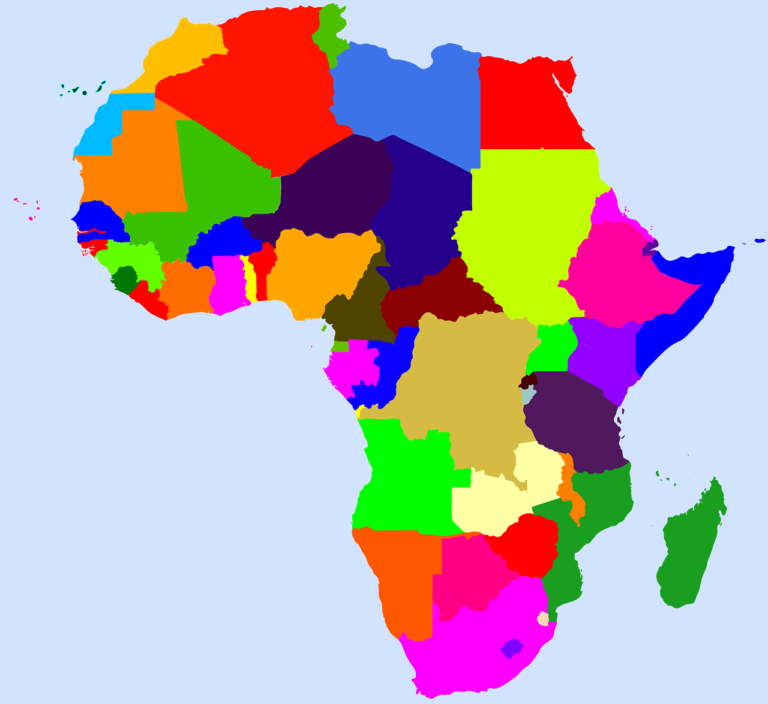Burkino Faso and the tactile move of the youngest president

Burkina Faso is still in the limelight due to the events that unfolded in the country every day since the recent coup of 30 September. The leader of the coup, Captain Ibrahim Traore, affectionately called IB by his admirers, is so far unique for one or two characteristics. He is the youngest president in the world at 34 years old. There are other world leaders are in their 30s and two of them are Gabriel Boric who came to power in Chile in March and is aged 36; the other is Sanna Marin, who has been prime minister of Finland for three years and is 38 years old. But, many still doubt the faithfulness of that crop of youngsters who have accessed the highest position of their country. Certain commentators go to the extent of stating that their youthful exuberance easily and quickly loses its sharpness, in many cases.
Emmanuel Macron of France and Faure Eyadema of Togo came to power in their 30s and a lot is being said about their governance style and its results. One point being made in Africa these days is that the continent is the producer of both young and old presidents. The age difference between Paul Biya of Cameroon and President Traore is 55 years and in February 2023, Biya will be 90 years old. On 8 January 2023, the North Korean president, Kim Jong-un, will turn 40, according to certain sources.
Coincidentally, Captain Thomas Sankara of Burkina Faso came to power in August 1983 through a coup and was assassinated on October 1987 and he left behind a legacy, and the ideology of Sankarism because of a certain number of factors. The most revealing is that during those four years of Marxist rule in Burkina with Sankara, the country prospered (according to all scientific measurements of development) more than during the 25 years of Compaoré rule that followed him and the neo colonial governments of the post-independence era, prior to 1983. What occupies the thoughts of most people now is whether Traoré will also create a legacy. What is obvious is that Burkina does not need a president who is a mythical hero but simply an upright leader who will work with the people towards the fulfillment of her aspirations and at the top of the list we find the defeat of terrorism and the eradication of the abject poverty in which the country has been wallowing for decades.
Traoré is the choice of the Burkinabè people. A unanimous decision was taken during a national conference on 14 October 2022 when he was chosen as president of the transition until 2024 when a president will be democratically elected. This unveils a trait that the two Burkinabè captain-presidents have in common: popularity and charisma, the love of the whole nation especially the youth, and a rejection of the “cult personality or cult of the leader”, a habit and perception that several leaders have unfortunately forced upon their country that as presidents they are deified super-beings and that the nation is their property. Both Sankara and Traoré do not subscribe to that. The first one showed it when he castigated (firmly, gently and behind closed doors as he used to) any of his collaborators who made a statement that conveyed this impression, for example a statement like “may Sankara remain the president forever”. Captain Ibrahim Traoré chose not to attend the ceremony/conference that deliberated over the choice of the president of the transition period. He was represented by Captain Marcel Medah, another member of the junta who carried a message from Traoré: “uprightness and the interests and safety of the nation first; it is time to put differences aside and make peace”. It is no secret that the coup leader was in a hurry to return to the barracks after the coup.
Many observers contend that the national conference of 14 October was not necessary, since it could be seen from the early hours of the coup that Traoré was the people’s favorite leader. Many politicians were present and each of them was hoping to be the leader of the transition. Oscar Seraphin Ky, a member of one of the movements in support of the coup states that “the captain has to be allowed to continue what he started”. The conferment started on 14 October, and brought together 300 participants that represented the army, the police, traditional chiefs and religious authorities, civil society, trade unions, political parties and internally displaced people.
The international position of Burkina Faso has changed drastically since the 30 September coup and France has simply been rejected (and the European Union to some extent) by the nation and pro-Russians are emerging during rallies or any similar opportunity. Several gestures betrayed an anti-France sentiment. A group of demonstrators slaughtered a rooster covered in the colours of the French national flag, blue, white and red. That was meant to represent the end of all types of cooperation with France who, according to most Burkinabè, has only pulled the country backward from colonization era until now. Then many curses were pronounced in Moore (the language spoken by the Mossi ethnic group who represent approximately 52 per cent of the population) against France. One could hear demonstrators shouting words like: “Traoré is the choice of the Burkinabè especially the youth. Whoever tries to undermine his rule will be in trouble with the Burkinabe”.
The de-facto transition president, therefore, must hit the ground running and one of his choices looks very intelligent and wise. He states that Burkina is ready to work with any nation that does not sabotage or look down upon the dignity and integrity of the nation and anyone who does not work against the interests of Burkina. He added that his country is ready to cooperate with Russia as well as the USA. Many observers see manifestations of intelligence and “lessons learned” in those last words. The current Burkinabè president does not want to be caught up in a tight corner, like what, unfortunately, happened to Mali when Goita chose to partner with Russia only. That came with some few inconveniences, since the mercenaries, the Wagner Group, were associated with the violation of human rights, murder of civilians, cases of sexual abuse and smuggling or trading in the mineral resources of the countries where they operate. One of the leaders of the Wagner Group, Yevgeny Prigozhin, sent a congratulatory message to President Traoré, a gesture that certainly aims at wooing Burkina to the side of his forces. The US and Russia are not on good terms, especially since the end of the Trump era and the beginning of the war in Ukraine. So by asserting his readiness to work with each of these countries, the new Burkinabè president wants to assure the sovereignty and freedom of the country of the incorruptible people, so that no one can dictate anything to them, and at the same time, Burkina can benefit from the support and efficient military cooperation of anti-Jihadist armies or military groups.
Moussa Traoré is Associate Professor at the Department of English of the University of Cape Coast, Ghana.







Thank you professor for this nice piece. Such young African leaders should be able to implement policies that will ameliorate the living conditions of their people.